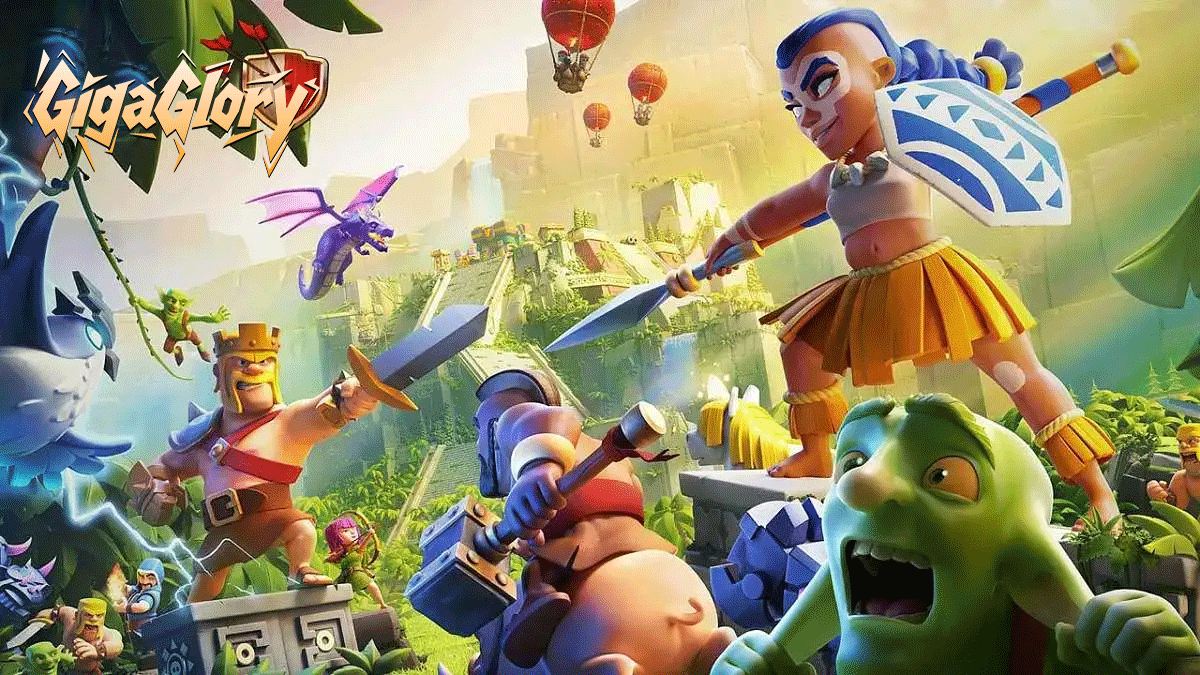Unlocking Learning: How RPG Games Are Revolutionizing Educational Gaming Experiences
Introduction: The Evolution of Educational Gaming
In recent years, educational gaming has taken a significant leap forward. The integration of technology into learning environments has opened up new possibilities for engagement and understanding. One of the standout genres in this revolution is the RPG games.
What are RPG Games?
Role-Playing Games, or RPGs, are a genre of video games where players assume the roles of characters in a fictional setting. These games emphasize storytelling, character development, and player choice. In contrast to traditional educational games, which often focus solely on rote learning, RPGs engage players on multiple levels, making them an exciting medium for education.
The Mechanics of Learning in RPGs
One of the core advantages of RPGs is their immersive mechanics. Players must think critically and strategize in order to progress. The experience is akin to solving complex puzzles while engaging with rich narratives. Here’s a breakdown of how RPG mechanics enhance learning:
- Engagement: Players are drawn into the narrative, making them more invested in the learning process.
- Problem-Solving: Challenges and quests require players to solve problems, fostering critical thinking.
- Collaboration: Many RPGs encourage teamwork, allowing players to learn from one another.
Key Features of Educational RPGs
What sets educational RPGs apart from traditional options in the market? Here are some key features that enhance the learning experience:
| Feature | Description |
|---|---|
| Story-driven Quests | Learning objectives embedded within engaging storylines. |
| Character Customization | Allows players to express themselves, increasing engagement. |
| Feedback Systems | Instant feedback on decisions, enhancing learning outcomes. |
Free Online ASMR Games: A Unique Blend of Relaxation and Education
Within the genre of RPGs, there are also unique sub-genres like free online ASMR games. These games combine the relaxing aspects of ASMR with role-playing elements. They are particularly appealing for sensory learners. Here's how they function:
- Sensory Engagement: The gentle sounds and visuals promote a calming atmosphere.
- Focus on Exploration: Players can explore without the pressure of high-stakes competition, ideal for learning.
Community Building through RPGs
RPGs have fostered online communities where players collaborate and learn together. The last war mobile game discord server is a prime example of how these communities facilitate learning. Players often share strategies, tips, and insights about the game, enriching their understanding of both the gameplay and the underlying educational principles.
Case Studies: Successful Educational RPGs
1. Skyrim: An Educational Perspective
The inclusion of historical and literary references in Skyrim allows for deeper learning experiences. Players often explore intricate quests that align with real-world history, sparking discussions about the past.
2. World of Warcraft: A Learning Laboratory
With its complex economy and social dynamics, World of Warcraft offers lessons in collaboration, resource management, and strategy. Many educators use this game to teach these concepts effectively.
How RPGs Foster Critical Thinking Skills
RPGs naturally promote critical thinking through decision-making in complex scenarios. Players are incentivized to weigh consequences and outcomes as they navigate quests. This learning extends beyond the game, as players apply these critical thinking skills in real-life situations.
The Future of RPGs in Education
As technology continues to evolve, the potential for RPGs in educational settings grows. Virtual Reality (VR) and Augmented Reality (AR) are paving the way for even more immersive experiences.
Conclusion: A New Frontier in Learning
In closing, RPGs are transforming the landscape of educational gaming. They offer a unique blend of engagement and learning that traditional educational games often lack. With their emphasis on storytelling, strategy, and community, RPGs provide an enriching educational experience that can cater to various learning styles. As we move into the future, embracing these innovative approaches will be crucial in creating effective learning environments.
FAQs
What are some popular educational RPGs?
Some popular choices include Minecraft: Education Edition, Quest Atlantis, and World of Warcraft.
How do RPGs improve student engagement?
The immersive nature of RPGs draws players in, making them more invested in their learning outcomes.
Are free online ASMR games suitable for educational use?
Yes, they provide a relaxing learning environment that can be particularly beneficial for sensory learners.



